Reporter (PV): Sir, what do you think about the Politburo 's policy of implementing a unified set of textbooks nationwide in Resolution No. 71-NQ/TW issued on August 22, 2025 on breakthroughs in education and training development?
Dr. Hoang Ngoc Vinh: The story of textbooks is not just about a few books, but about choosing between unity and diversity in educational philosophy. Over the past decades, we have moved from a model of a single set of textbooks compiled by the State as a monopoly to “one program, many sets of textbooks”. Both have left their mark but also revealed limitations, and now is the time for a more balanced and feasible solution.
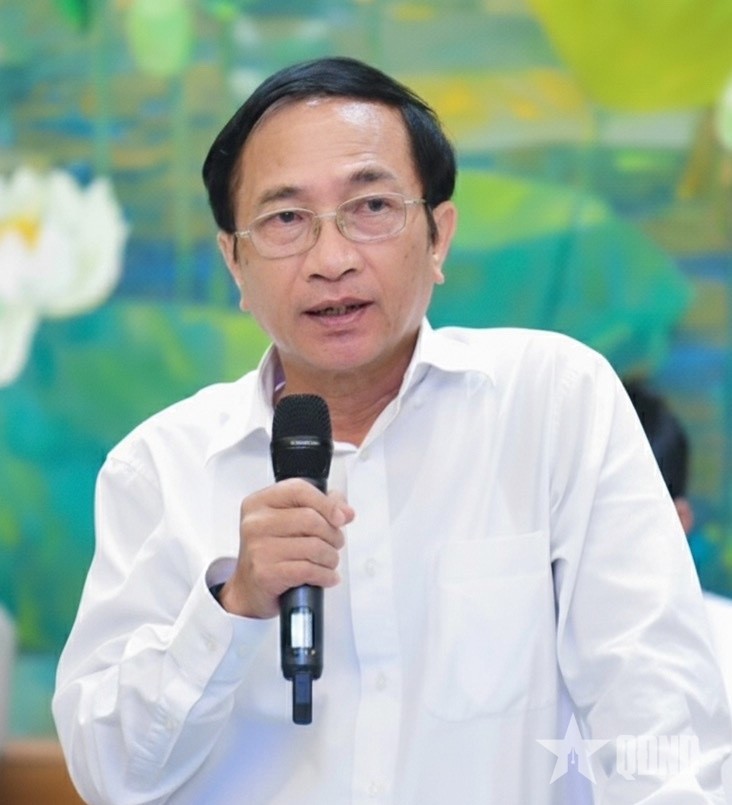
The policy of “one program, many textbooks” appeared as a push to break the monopoly, open up the space for academic competition, and empower teachers. But in reality, ideals and markets are mixed: Instead of competing for quality, it sometimes becomes a marketing race; parents are confused, students are confused, social costs increase, and the burden of choice falls on schools, which are not all capable of assessment. The risk of inequality is evident when conditions between localities differ. Transferring schools and levels becomes an obstacle when the program is the same, but when textbooks are different, there may be a loss of connection between grade levels.
International experience shows that many countries manage textbook publishing very well, where the state strictly censors to ensure a national "floor" of quality, closely following the curriculum. Education ensures that all students have access to the same standard of knowledge. Reference books (including other textbooks, exercise books, and specialized books) operate according to market mechanisms, encouraging creativity, but need to be evaluated to eliminate incorrect or poor quality documents.
PV: In your opinion, to compile a quality set of textbooks, what principles need to be followed?
Dr. Hoang Ngoc Vinh: I think we need to base on the goals of the 2018 General Education Program. A set of standard textbooks must be national, popular, scientific , and modern. These standards need to be measured by specific indicators of skills, knowledge, thinking, etc. Unlike traditional textbooks, modern textbooks need to aim at developing capacity, stimulating thinking, and encouraging further learning beyond textbooks. Textbooks play the role of "learning materials portals" and not just "printed books". Exams and assessments are based on capacity, textbooks are just a reference channel. For teachers, modern textbooks have many suggestions, support innovation, forcing teachers to design activities, and integrate knowledge horizontally and vertically. The requirement is that teachers must think creatively, apply information technology, select and integrate many sources. For learners, it brings an engaging learning experience, trains critical thinking, self-study, creativity, and cooperation. Therefore, students must proactively seek out and exploit open learning materials and know how to apply knowledge into practice.
In addition, this set of textbooks also needs to have a continuous connection between the content, methods, and approaches of the textbooks. Do not let primary school use this set of textbooks and then use another set of textbooks in secondary school, which will make it very difficult for schools. Before being officially used, the Ministry of Education and Training can select a few lessons to teach to students on a trial basis, and based on the results, make appropriate adjustments.
Textbook compilers must meet the competency standards as recommended by the United Nations Educational, Scientific and Cultural Organization (UNESCO). To have good textbook writers, the Ministry of Education and Training needs to organize the selection of candidates based on competency standards, and train and develop textbook compilation skills for this team. In addition, each member of the textbook appraisal council must meet the qualifications. It is best to issue a legal framework that specifies the standards for each position, role, responsibility and accompanying competencies of each member. In my opinion, a textbook research center should be established to serve the immediate and long-term goals.
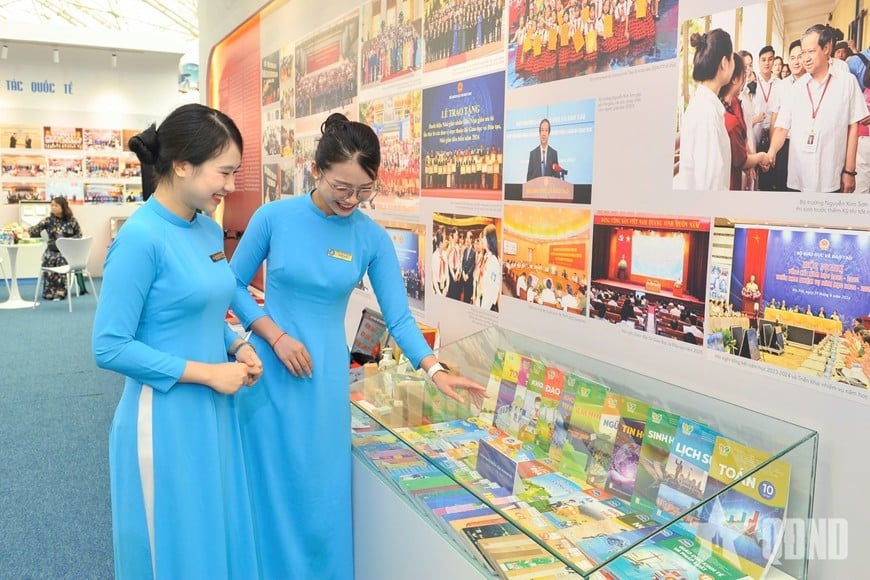
PV: In your opinion, what benefits does implementing a set of textbooks bring to students and teachers?
Dr. Hoang Ngoc Vinh: The state owns the copyright and distributes it for free, which will reduce the cost burden, especially in remote areas. Bidding for printing and distribution creates healthy competition, preventing price monopoly. It also reduces the pressure on parents to choose, creates a common quality level, while still maintaining space for innovation and adaptation to the locality. Of course, implementation needs to be synchronous. If exam reform is slow, standard textbooks can become the only "handbook", which will neutralize reference books. If teacher training is not synchronous, it can easily lead to quality disparities. If there is a lack of supervision, bidding can easily transform into interest groups. These risks require a mechanism for periodic inspection, public disclosure of results, and readiness to adjust policies.
It can be said that the feasibility of textbooks depends a lot on the implementation team. In today's context, when information technology and artificial intelligence (AI) are very developed, if teachers do not teach properly, students and even AI can detect the teacher's mistakes. Therefore, teachers need to know how to open up so that learners can connect with AI and expand their knowledge based on core and basic things. It is important that teachers can arouse curiosity, desire to learn and know how to self-study based on basic knowledge. It is necessary to invest in professional training, skills and real empowerment for teachers.
In addition, it is necessary to radically reform testing and evaluation. To liberate teaching, learning, and testing, we must adhere to the output standards of the 2018 General Education Program, measuring analytical ability, problem solving, creativity, and language instead of mechanical memory. The story of textbooks cannot be separated from the overall reform of education. As long as teachers are trusted and supported, students are tested on their abilities instead of memorizing, and all books are just tools and not "commands", then we can unleash the creative potential of both teachers and students, building a fair, advanced, and modern education system.
PV: Thank you very much!
Source: https://baolangson.vn/sach-giao-khoa-can-bao-dam-thong-nhat-ma-khong-triet-tieu-su-sang-tao-5058203.html




![[Photo] Prime Minister Pham Minh Chinh receives IMF Deputy Managing Director Kenji Okamura](https://vphoto.vietnam.vn/thumb/1200x675/vietnam/resource/IMAGE/2025/9/18/bc66071867d8445288972497f498990c)

![[Photo] National Assembly Chairman Tran Thanh Man attends the first plenary session of AIPA-46](https://vphoto.vietnam.vn/thumb/1200x675/vietnam/resource/IMAGE/2025/9/18/4593de8b5fb349d7a3da4b5de7faccf6)


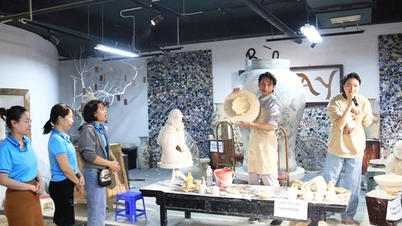





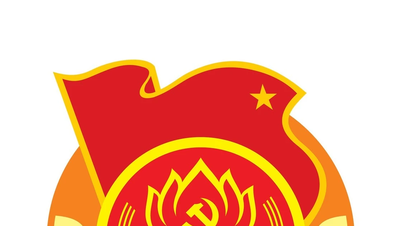








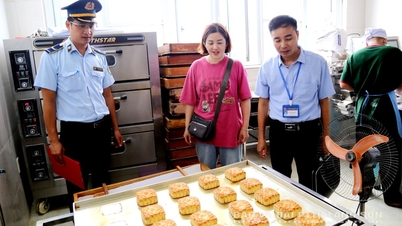

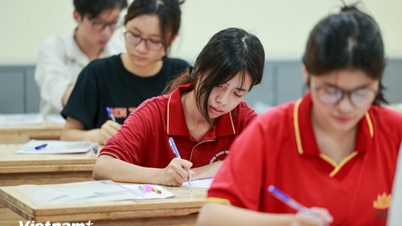
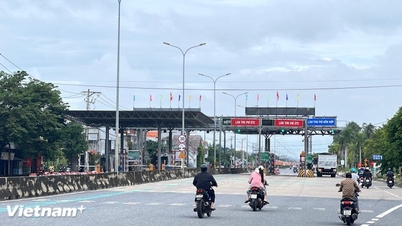
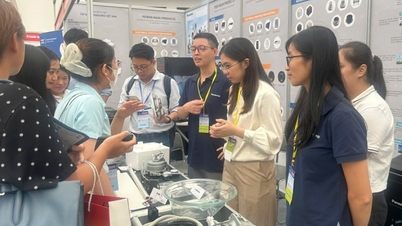



![[Photo] Inside the Imperial Academy relic of Hue Citadel before the hundred billion dollar restoration](https://vphoto.vietnam.vn/thumb/1200x675/vietnam/resource/IMAGE/2025/9/18/77fd186af68341b1a8bffd072fa896a6)
![[Photo] National Assembly Chairman Tran Thanh Man begins attending AIPA-46 activities](https://vphoto.vietnam.vn/thumb/1200x675/vietnam/resource/IMAGE/2025/9/18/73487ff8ed57412eab9211273946c14d)
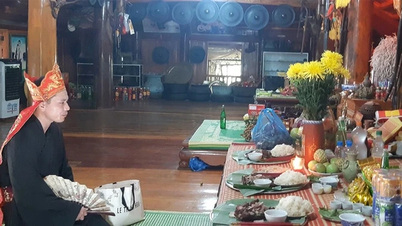












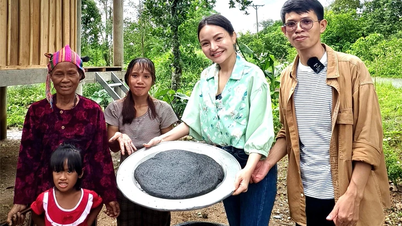





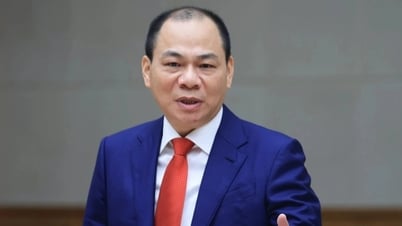
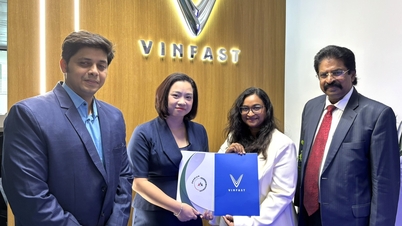






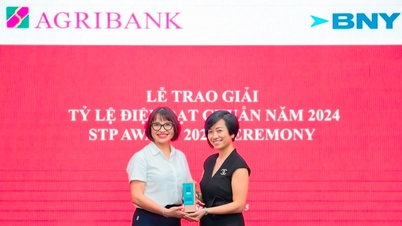
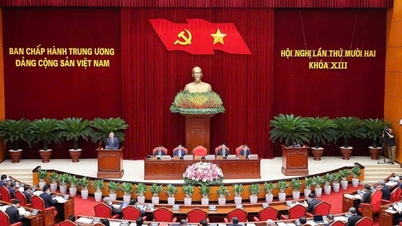









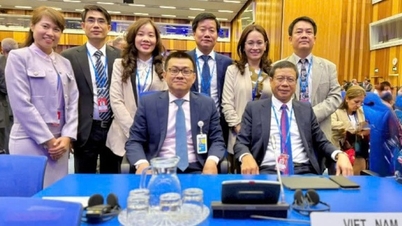



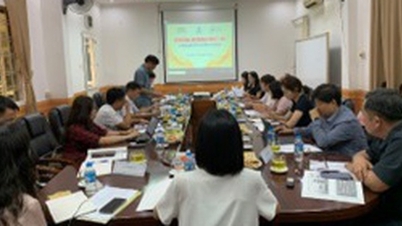


















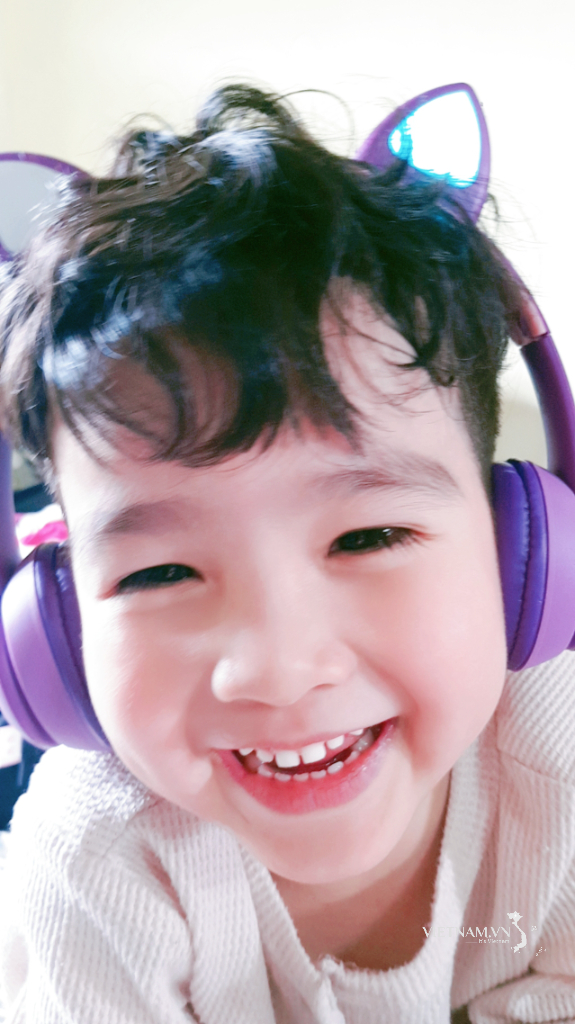
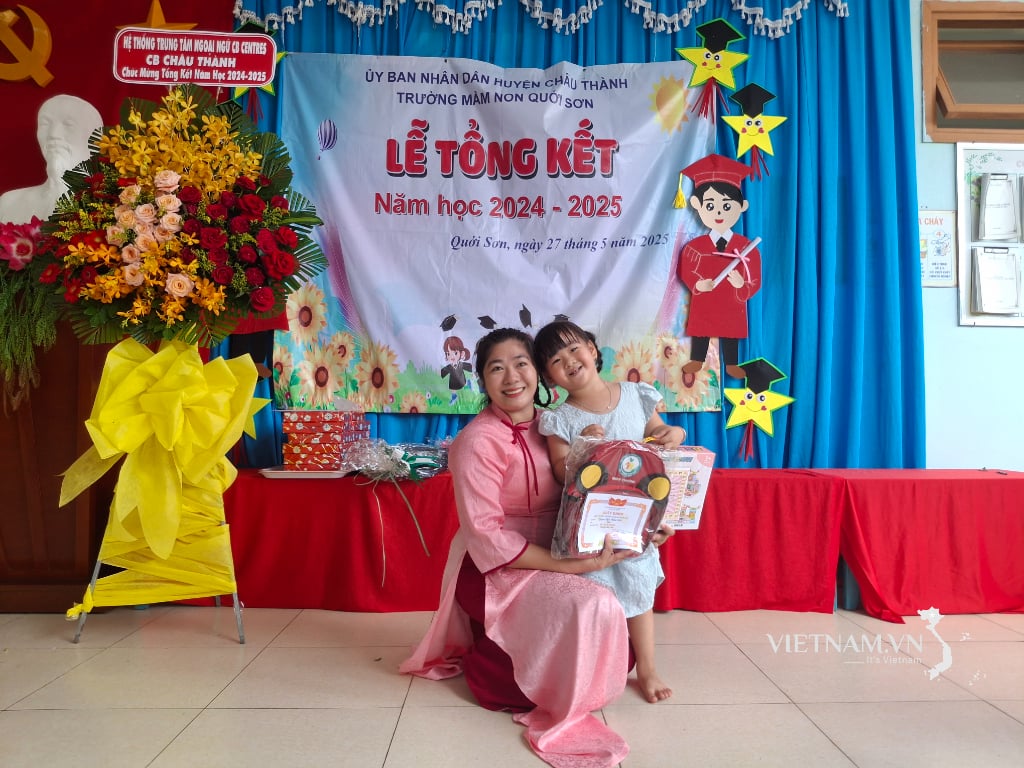
Comment (0)